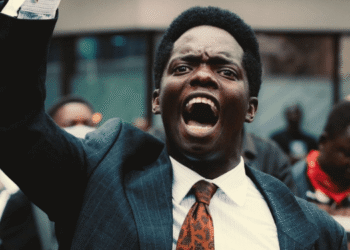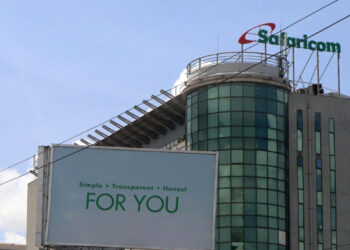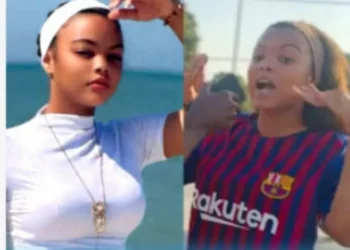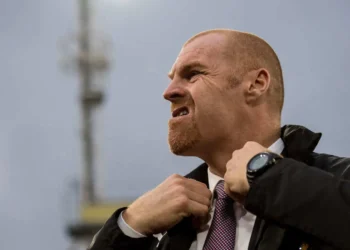Sarkozy begins a 5-year term in the Gaddafi funds case, a seismic fall from grace that has France’s elite reeling as the once-charismatic leader shuffled into La Santé Prison’s iron gates this afternoon, handcuffs glinting under a drizzly autumn sky.
Convicted just weeks ago in a marathon trial, former President Nicolas Sarkozy now faces five years behind bars for masterminding a shadowy plot to funnel up to 50 million euros from Libya’s ousted dictator Muammar Gaddafi into his 2007 presidential bid – a scandal that’s simmered since investigators cracked open the files in 2013, long after Gaddafi’s bloody 2011 downfall exposed a web of illicit cash trails snaking from Tripoli to Parisian coffers.
The handover unfolded with clinical efficiency around 2 p.m., Sarkozy, 70 and dapper in a navy suit despite the circumstances, pausing briefly to flash a defiant wave to the scrum of reporters cordoned behind barriers. Flanked by gendarmes, he vanished into the notorious Belle Époque fortress on Paris’s Left Bank, a lockup that’s housed everyone from wartime collaborators to modern moguls.
“This is a dark day for justice,” his attorney, Thierry Herzog, fired back from the courthouse steps earlier, slamming the verdict as a “travesty” that steamrolls fresh evidence – including declassified Libyan documents purporting to exonerate his client – and tramples the sacred presumption of innocence.
Sarkozy himself, in a pre-incarceration statement read by his team, vowed an ironclad appeal to Europe’s top courts, insisting, “Truth will prevail; I’ve always served France with honour.”
Dredged up from the ashes of the Arab Spring, the case pivoted on a cadre of intermediaries: shadowy arms dealers like Ziad Takieddine, who testified to hand-delivering suitcases stuffed with euros in 2006, and Lebanese-French fixer Claude Guéant, Sarkozy’s once-loyal aide now serving his own stretch for related graft.
Prosecutors pieced together a mosaic of off-books flights, encrypted ledgers, and witness flips, painting a portrait of desperation-fuelled corruption as Sarkozy’s centre-right UMP party scraped for votes against Ségolène Royal.
Gaddafi, the flamboyant colonel who’d bankrolled African juntas and terror cells, saw Sarkozy as a lucrative bet – quid pro quo for France’s later NATO-backed blitz that toppled him. “It was a Faustian pact,” lead investigator Jean-François Bohnert told Le Monde post-verdict, “one that tainted the Élysée from day one.” Reactions cascaded like a Seine storm.
Emmanuel Macron, in Brussels for EU talks, issued a terse nod to “the rule of law’s triumph”, but whispers in the Quai d’Orsay hint at unease – Sarkozy’s rolodex still packs punches in transatlantic deals.
Far-right firebrand Marine Le Pen crowed on X, “The system’s selective blindness strikes again,” while left-wing firebrands like Jean-Luc Mélenchon decried it as “too little, too late” for a republic rotten with sleaze.
On the streets, Parisians shrugged over croissants: polls show 62% believe politicians are “all crooks”, per an IFOP snap survey, with Sarkozy’s jailing barely nudging approval ratings.
Yet for the man who strutted global stages – from Libya’s red-carpet romps to G8 summits – this cell is poetic payback. Nicknamed “Sarko l’Américain” for his brash flair, he leaves a legacy laced with reforms (pension tweaks, burqa bans) and regrets (the 2012 reelection drubbing).
Allies rally: a GoFundMe for legal fees hit 1.2 million euros overnight, and ex-PM François Fillon, himself a convict comrade, penned an op-ed hailing him as “scapegoat for France’s sins”. As autumn leaves swirl outside La Santé’s walls, Sarkozy’s saga shows a gritty truth: in the City of Light, even presidents cast long shadows. Will the appeal rewrite history or seal his exile?















